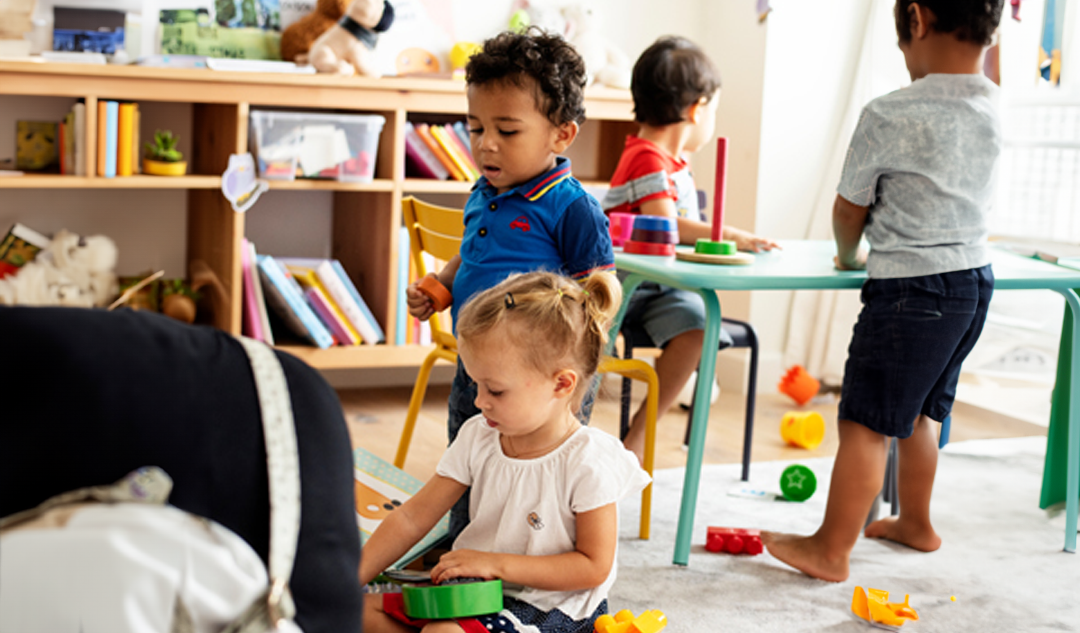How Children Learn
3R’s of Early Learning
Research shows three important processes that shape young children’s development and early learning. We refer to these processes as the 3R’s of Early Learning: Relationships, Repetition, Routines™. The 3R’s are important because they focus on how, with whom, when and where children learn, in addition to what they learn.
Our impact
Our First Decade of Impact
For the past decade, a committed team at the Anita Zucker Center has been working to create a future in which every child experiences nurturing, responsive relationships and quality early learning experiences that create a strong foundation for future life success.
resources
The A to Z’s of Early Childhood: The Science of Child Development and Learning
We’re leading the way to a future where every child experiences nurturing relationships and quality experiences that create a strong foundation for future life successes.
IMPACT EVENTS
Symposium Series
We collaborate with colleagues locally, nationally and globally to take action that improves outcomes for young children, their families and their communities.
IMPACT EVENT
Early Childhood Summit
To address the field’s challenges, the Anita Zucker Center and University of Florida convened transdisciplinary early childhood thought leaders at a national summit.

Understanding the Financial Challenges of Childcare: Insights from Florida
The high cost of childcare can make it hard for families to work, especially for those with lower incomes. In places like Florida, researchers looked at how much families spend on childcare to see how it affects their finances.
Anita Zucker Hall Dedication
The University of Florida recently dedicated Anita Zucker Hall at the UF Early Childhood Collaboratory to honor Anita G. Zucker, a distinguished alumna and lifelong advocate for young children. The event celebrated her extraordinary philanthropy and unwavering commitment to advancing the Center’s mission of supporting all young children and their families through science, research and community partnerships.
Sharing the science of early child development and learning – Help Me Grow Florida
Katie White led an engaging presentation on the 3R’s of Early Learning at Help Me Grow Florida’s Annual Meeting in Orlando where she shared resources from the A to Z’s of Early Childhood.
“We have a scientific and moral responsibility to rethink and reshape the way we support young children and their families.”
Dr. Patricia Snyder
